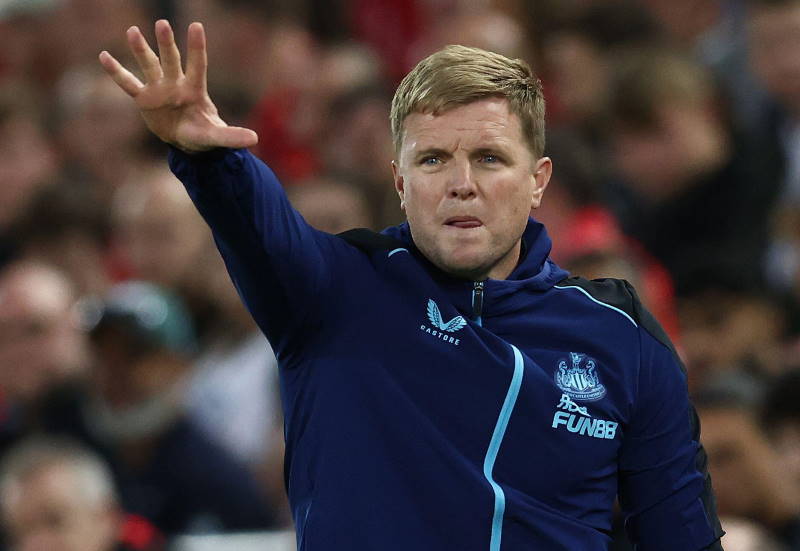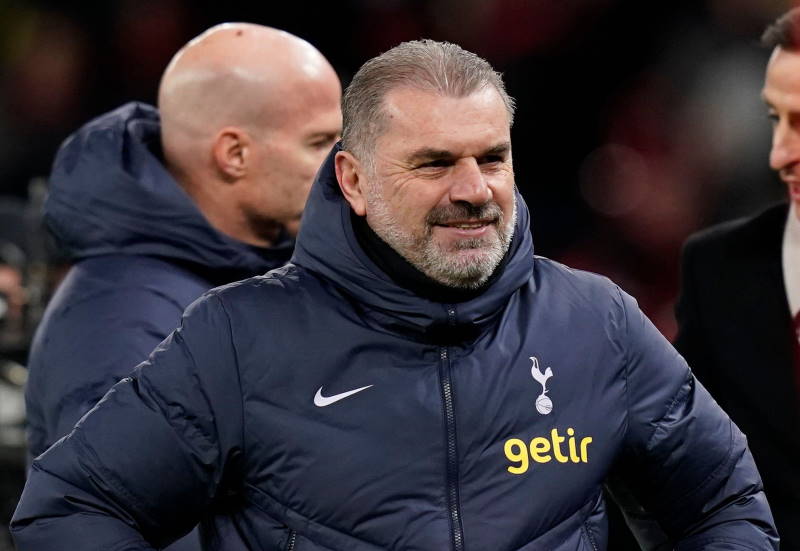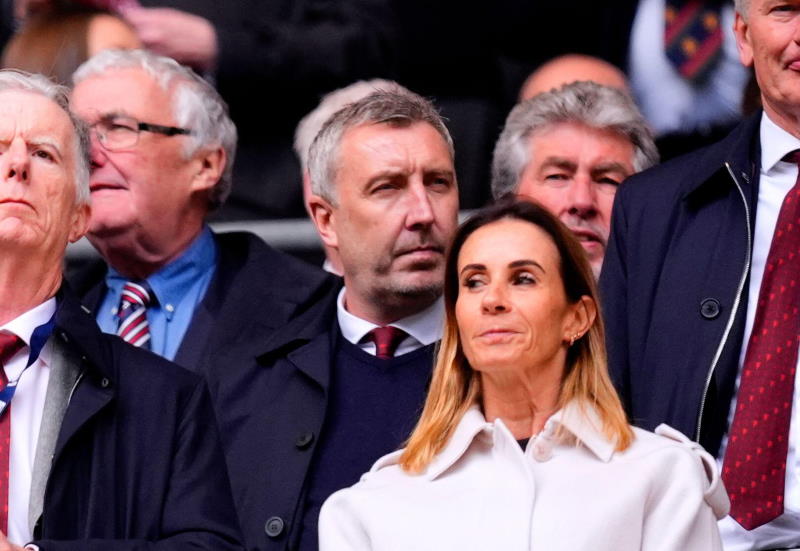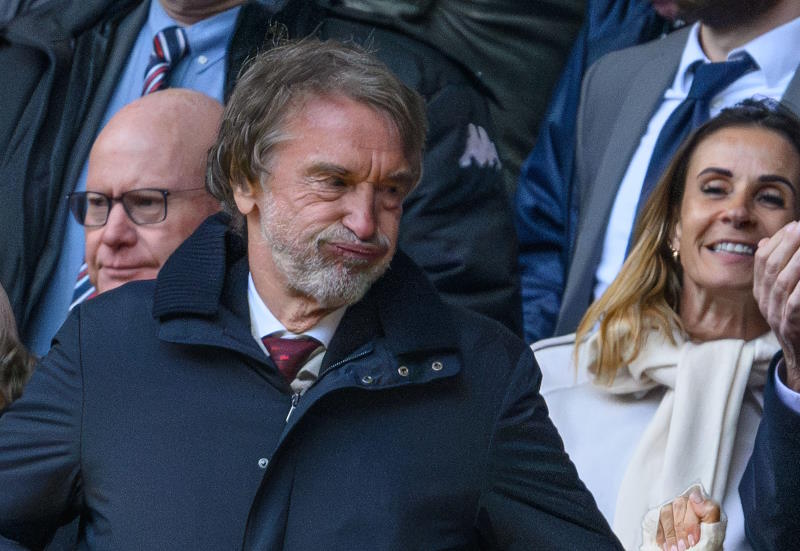
Phillip Buckley
To those keen observers of German football there can be little surprise at the sacking of Jürgen Klinsmann as Bayern Munich coach. The 1-0 home defeat to Schalke, their seventh of the season, was just too much to take. Bayern, used to dominating the Bundesliga, have found themselves quite firmly pulled back into the pack. And it is this sense of maybe rather than surely when the prospects of success are analysed that has forced them to send ‘Klinsi’ on his way.
Klinsmann arrived amid much fanfare in July last summer, heralded as the beginning of a bright new age for Bayern. The Munich side, like all Germany, and even Europe, had been entranced by Klinsmann’s performance with the German national side in the 2006 World Cup. Klinsmann was young, full of new ideas, and represented not only a break with the old coaches of the past, Hitzfeld, Magath, Heynckes (who ironically has been called to replace him) but a revolution that would shape the future.
The new coach got backing from the Bayern hierarchy, backing to make a slew of appointments to the backroom staff. Martin Vasquez, a Mexican with no coaching experience outside of the United States, was brought in as an assistant, alongside Nick Theslof, another with no league coaching experience outside the US. Further arrivals included Walter Junghans, Oliver Schmidtlein, Thomas Wilhemli, Marcelo Martins, and Darcy Norman. A sports psychologist, Philipp Laux, was also a Klinsmann choice. These names, or more accurately the number of them, only serve to illustrate the degree to which Bayern bought into Klinsmann. His ideas, his methods, Bayern were sold hook, line and sinker.
What this meant was that when it all began to go wrong there were uneasy glances across the Allianz Arena boardroom. Klinsmann was always able to call upon the attacking talents of Luca Toni and especially Franck Ribery to get him out of jail, and they often turned up with the key. However, Bayern Munich have never been about winning games 4-3, or 3-2. The Bavarians have been about 1-0, 2-0, or even 3-0. When Bayern took the lead they were always a master of slowing the game down and squeezing out its very life blood. Under Klinsmann though things were different.
One of the few things that can be relied on in football are league tables. The table never lies. And the facts for Klinsmann, and Bayern, made grim reading. As Klinsmann drove away from the Allianz Arena in his BMW for the final time, he left behind him a defence which had conceded 37 goals in 29 games. That stat doesn’t make terrible reading when considering that their title rivals Wolfsburg, Stuttgart and Hertha Berlin conceded 37, 35 and 37 respectively. When placed beside the champions’ performance last season though, the picture gets darker. On their way to lifting that Bundesliga shield under Ottmar Hitzfeld, Bayern, with largely the same backline, conceded just 21 goals. And there is the clue to where it all went wrong for Klinsmann. It’s the defence stupid.
It’s also true to say however that Klinsmann’s new age methods (we won’t mention the Buddha statues erected at the club’s training ground, or even the introduction of yoga classes) were not accepted by everyone at the club. One can imagine the response of seasoned pros weighed down by medals wondering why they are listening to a speech on psychological analysis that "works in the NFL".
Klinsmann’s tactics came under scrutiny too. An oft used line in Bundesliga circles this season has been that "Klinsmann wants Bayern to play like Barcelona, not Bayern". The coach enjoyed employing all out attacking tactics, even in the face of a number of players who felt this, and stated they believed it, too reckless. Klinsmann’s choice of assistant coaches with zero Bundesliga experience meant that when the waters got choppy they were no more in a position to offer a word of wisdom than he himself was.
Eyebrows were also raised at Klinsmann’s choice of players. Bayern were crying out for another forward in the January transfer window, and Klinsmann wanted LA Galaxy’s Landon Donovan. Donovan had failed in Germany before, making a handful of appearances at Bayer Leverkusen, but the board backed Klinsmann. Disbelief gripped the Bayern training ground when Donovan arrived. The signing was crucial, but the player was poor, and felt by squad members to be below the standard required. Donovan did not give Bayern the needed mid-season boost, and he returned to LA Galaxy in March.
Perhaps the curtain came down too soon on Klinsmann’s reign. The former Germany manager is genuinely felt by many to be a revolutionary, keen to embrace new ideas and methods to give his sides the edge. Maybe Bayern was always the wrong club for him to put his ideas into practice on the club stage, being the very embodiment of a conservative German institution. But it is a shame that after suffering the birth pangs of a new Bayern throughout the season, the club were unwilling to give the team time to mature under Klinsmann. Now it’s back to the drawing board, and back to the more traditional image of a Bayern boss. Whether this can bring the club glory outside Germany (where to many it matters most) only time will tell.
Bayern Munich 04/05 *40% off* Bayer Leverkusen 08/09 *30% off*
Related Articles:
- – Back from Bayern Donovan Remains MLS Star
- – Kahn Shadow Still Hanging Over Rensing
- – Werder Bremen Gem Diego Ready for Step Up













